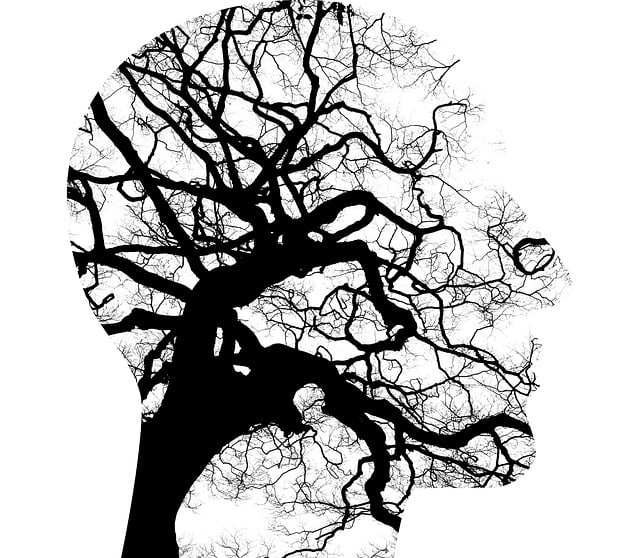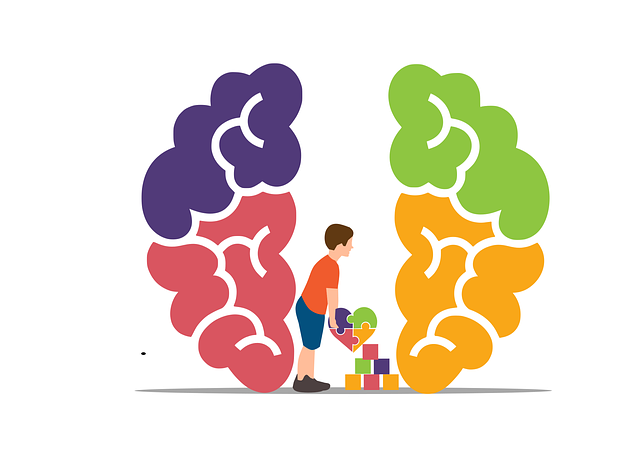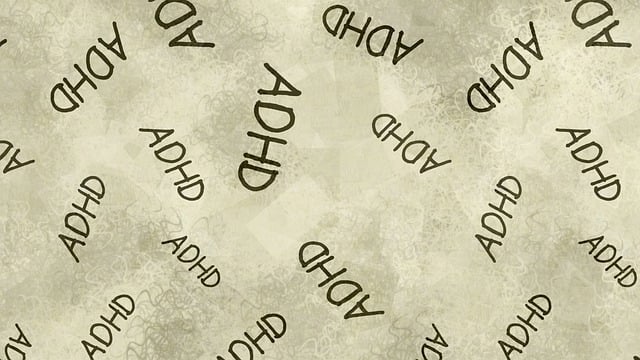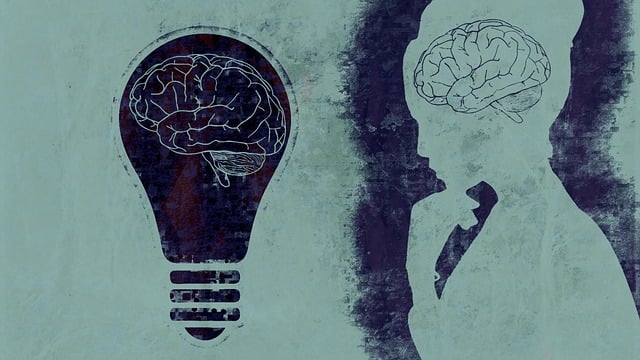Chronic stress, a common issue in Arvada, negatively impacts physical and mental health. Services like Arvada Spiritual-Religious Issues Therapy offer transformative support, addressing sleep disruptions, productivity issues, and strained relationships caused by stress. Integrating this therapy into educational programs broadens students' understanding of stress management and provides tailored coping mechanisms. By combining spiritual practices with trauma support and conflict resolution techniques, a holistic approach empowers individuals to navigate life's challenges with resilience, improving overall well-being.
In today’s fast-paced world, stress has become an all-too-common companion. The impact of chronic stress on overall well-being is profound, making effective stress management techniques essential for a healthy, fulfilling life. This article explores the multifaceted approach to managing stress, including the role of spiritual and religious practices in Arvada Spiritual-Religious Issues Therapy. We’ll delve into understanding stress, its effects, and practical teaching strategies that empower individuals to navigate life’s challenges with resilience and tranquility.
- Understanding Stress and Its Impact on Well-being
- The Role of Spiritual-Religious Issues in Stress Management
- Effective Teaching Strategies for Stress Management Techniques
Understanding Stress and Its Impact on Well-being

Stress is a natural response to various life situations, but when it becomes chronic, it can significantly impact an individual’s overall well-being. Understanding the causes and effects of stress is the first step in learning effective management techniques. Chronic stress may lead to physical health issues such as high blood pressure, weakened immune systems, and even cardiovascular diseases. It also takes a toll on mental health, often manifesting as anxiety, depression, or other psychological disorders. In Arvada, where spiritual and religious issues are prevalent, seeking support from therapy and counseling services can be transformative.
The impact of stress is far-reaching, affecting not just the mind but also influencing behavior and daily functioning. It can disrupt sleep patterns, decrease productivity, and foster negative relationships. This is why learning stress management skills is essential for maintaining a healthy and balanced lifestyle. Trauma support services play a crucial role in helping individuals process and overcome stressful events, while mental health education programs design tailored strategies to equip people with the tools to navigate life’s challenges.
The Role of Spiritual-Religious Issues in Stress Management

In the realm of stress management techniques teaching, spiritual-religious issues play a significant role in fostering resilience and well-being. Many individuals find solace and coping mechanisms through their faith or religious practices. Incorporating Arvada Spiritual-Religious Issues Therapy into educational programs can provide students with powerful tools to navigate life’s challenges. This approach recognizes the interconnectedness of mental health, spirituality, and personal growth, enabling individuals to develop a sense of purpose and inner strength. By engaging in spiritual practices, one can enhance their ability to manage stress, improve mood, and even prevent depression.
Community outreach programs that integrate these therapeutic methods have proven effective in promoting overall well-being. The implementation of such initiatives allows for a holistic understanding of mental health support, where religious or spiritual beliefs are respected and utilized as a means of healing. Additionally, coping skills development through these avenues can empower individuals to face life’s pressures with newfound perspective and resilience, ultimately improving their quality of life.
Effective Teaching Strategies for Stress Management Techniques

In teaching stress management techniques, a holistic approach that incorporates both emotional and spiritual elements can be highly effective. For instance, incorporating Arvada Spiritual-Religious Issues Therapy into classroom discussions allows students to explore mindfulness practices and self-care strategies rooted in various religious and cultural traditions. This not only broadens their understanding but also offers diverse coping mechanisms tailored to individual needs.
Additionally, integrating Trauma Support Services and Conflict Resolution Techniques within the curriculum empowers students with powerful tools for managing stress and navigating challenging situations. Role-playing exercises, group discussions, and interactive workshops can facilitate a safe learning environment where students can practice these techniques. Public Awareness Campaigns Development around stress management further enhances learning by fostering open conversations, promoting peer support, and encouraging healthy lifestyle choices.
In conclusion, managing stress effectively is a vital skill that impacts overall well-being. By combining scientific understanding with spiritual-religious insights, as explored through Arvada Spiritual-Religious Issues Therapy, individuals can access comprehensive tools to navigate life’s challenges. Implementing the effective teaching strategies outlined in this article equips educators with the knowledge to guide students towards healthier, more resilient lives. Through stress management techniques, folks can foster a symphony of mental and emotional balance, revolutionizing their daily hustle and bustle.













